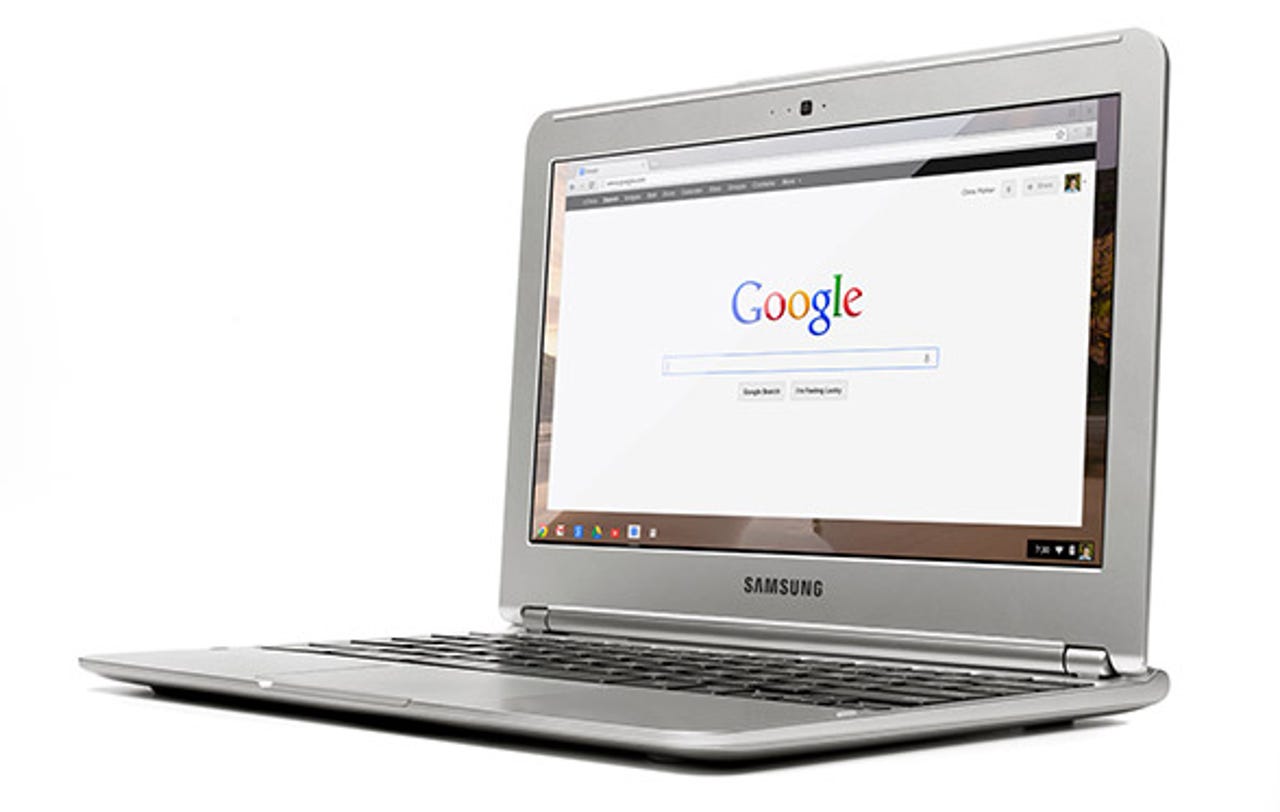First real-world usage figures suggest Chromebooks are struggling

Uh-oh. It looks like Google’s Chromebook has fallen victim to the same malaise that’s affected Windows PCs and Macs. These low-cost devices were supposed to be perfect for an always-on, post-PC world. But just-released usage statistics suggest that the category has so far been unsuccessful.
In its first week of monitoring worldwide usage of Google's Chrome OS, NetMarketShare reported that the percentage of web traffic from Chromebooks was roughly 2/100 of 1 percent, a figure too small to earn a place on its reports.

The first Chromebooks went on sale in June 2011, nearly two years ago. In the run-up to the launch, ZDNet’s own Steven J. Vaughan-Nichols called the Chromebook a “Windows killer,” predicting that “Microsoft is facing real trouble” in the market for desktop PCs.
Read this
Those first Chromebooks didn’t make an immediate dent in the market, with Acer reportedly selling fewer than 5000 units in the first six months and Samsung selling even fewer. But the new OS and its ultra-low-cost hardware have attracted their fair share of coverage from enthusiasts who like Google’s all-cloud-all-the-time vision of computing.
The two biggest names in the list of PC OEMs, Lenovo and HP, have jumped into the market as well, adding low-cost Chromebooks to their lineup. Last fall Samsung introduced a $249 ARM-powered Chromebook in a form factor reminiscent of the MacBook Air. And Google raised a few eyebrows when it introduced its own model, the spectacularly pricey Chromebook Pixel, with a high-resolution touchscreen.
With all those choices, you’d think the category would be successful. Indeed, that Samsung model topped Amazon’s list of best-selling laptops this winter.
But so far, Chromebooks haven’t appeared at all on the list of operating systems monitored by Net Applications, which publishes its figures at NetMarketShare.com. And that’s an important metric, according to my opponent in last week's ZDNet Great Debate on the future of Windows 8, who cited disappointing usage reports as evidence that Windows 8 has flopped:
Windows 8's market numbers are even lower than Vista's pathetic ranking at a similar point in their sales cycle. Even if you buy the most optimistic reading of NetMarketShare's numbers, Windows 8, after being in the market for six months, has just 3.31 percent of the desktop marketplace—that's just over what Vista had with 3.02 percent in three months.
Well, it was only five months, not six, and NetMarketShare also changed the way it calculated usage in 2008, rendering those comparisons invalid. But let's not quibble over details. When I looked at the same numbers last month, I found a slightly different story. I also noticed a curious omission:
One widely discussed operating system isn’t visible in the NetMarketShare numbers. There’s no entry for Chrome OS at all. A spokesperson for the company tells me those numbers will be included in an update to their tracking stats, coming soon.
The first numbers were due to show up in the subscriber-only reports for the week ending April 14. This morning I asked a company spokesperson for a sneak peek and got this report:
For the week of 4/8 - 4/14, ChromeBook has 0.023 percent weighted worldwide usage. Because it rounds to less than 0.1 percent it’s not showing up in our reports.
To put things in perspective, as of April 2013 all Chromebooks combined have managed to achieve 7/10 of 1 percent of the usage of Windows 8 PCs worldwide.
Put another way, that figure suggests that in nearly two years on the market, all of those Chromebooks have achieved a smaller percentage of usage than Windows RT earned as of January 2013, after only three months on the market. Windows RT has been widely considered a disappointment, with OEMs cutting prices for RT-powered devices.
In both categories, those tiny results suggest a fair amount of pain for the OEMs that jumped in early. Google’s gone all-in for its cloud-based OS, and Microsoft is similarly gung-ho about the future of its Windows RT operating system. But it might be another couple of years before the general buying public is really ready for either one.